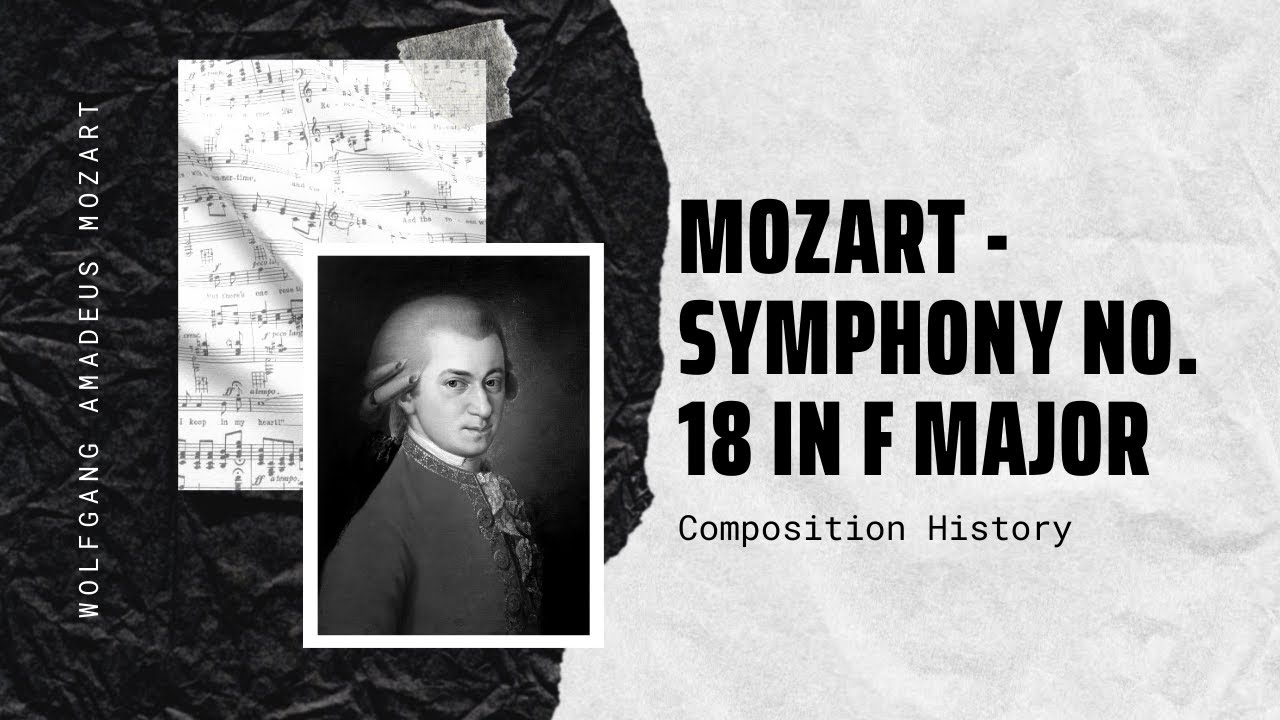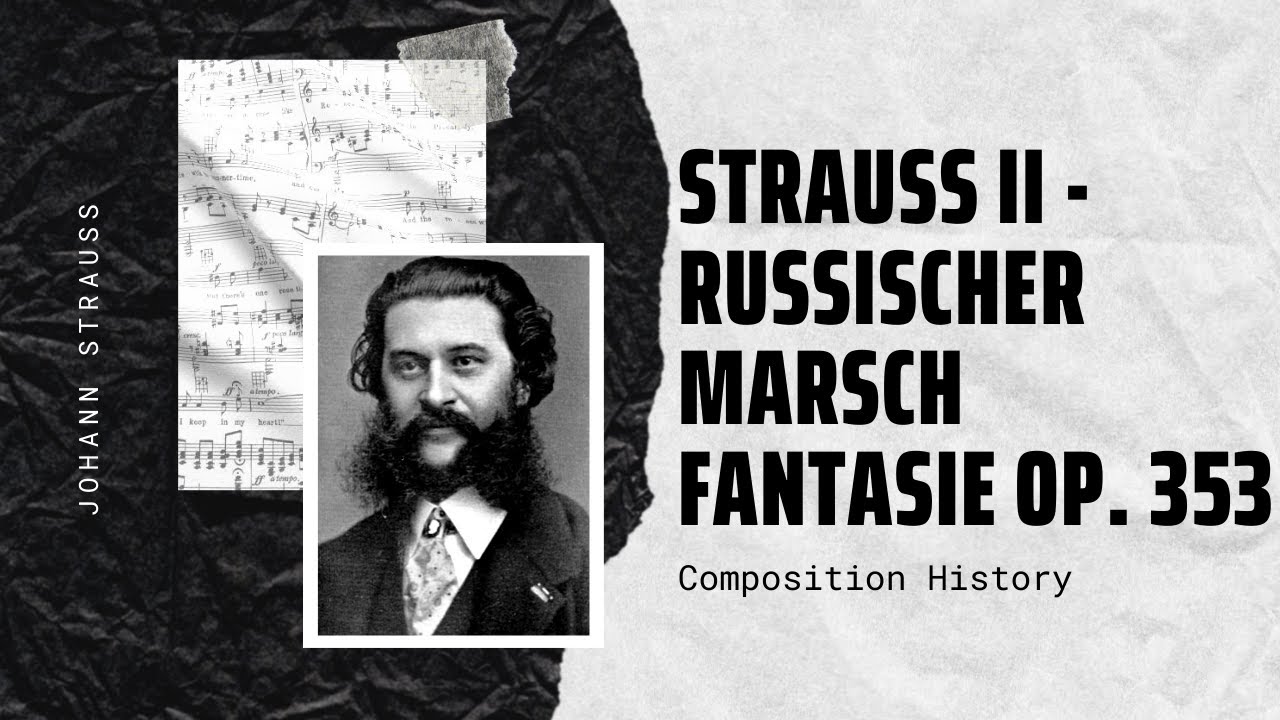
Mozart – Symphony No. 17 in G K 129
Symphony No. 17 in G major, K. 129, is the second of three symphonies completed by Wolfgang Amadeus Mozart in May 1772, when he was[…]
Frank Pelleg – Concerto No. 13 in F major
Frank Pelleg Concerto No. 13 in F major For more: http://www.melhoresmusicasclassicas.blogspot.com

Mozart – Fantasia in Dm K 397
Fantasia No. 3 in D minor, K. 397/385g (Fantasy in English, Fantasie in German) is a piece of music for solo piano composed by Wolfgang[…]

Chopin – Ecossaises Op. 72 No. 3
Frédéric François Chopin (1 March 1810 – 17 October 1849) was a Polish composer and virtuoso pianist of the Romantic era who wrote primarily for[…]

Tchaikovsky – Solonnelle Op. 49 – Overture
Pyotr Ilyich Tchaikovsky ( 7 May [O.S. 25 April] 1840 – 6 November [O.S. 25 October] 1893) was a Russian composer of the Romantic[…]

Tchaikovsky – Carpriccio Italien Op. 45 – I
Pyotr Ilyich Tchaikovsky ( 7 May [O.S. 25 April] 1840 – 6 November [O.S. 25 October] 1893) was a Russian composer of the Romantic[…]

Mozart – March in D major K 215
The Serenade No. 5 in D major, K. 204/213a was written on August 5, 1775 by Wolfgang Amadeus Mozart for ceremonies at the University of[…]

Händel – Fantasia in C major HWV 490
George Frideric (23 February 1685 (O.S.) [(N.S.) 5 March] – 14 April 1759) was a German, later British, Baroque composer who spent the bulk of[…]

Mozart – Symphony No. 18 in F Major K 130
Wolfgang Amadeus Mozart Symphony No. 18 in F major, K. 130, was the last of three symphonies composed by Wolfgang Amadeus Mozart in May, 1772, when[…]

Johann Strauss II – Russischer Marsch Fantasie Op. 353
Johann Strauss II (born Johann Baptist Strauss; 25 October 1825 – 3 June 1899), also known as Johann Strauss Jr., the Younger, the Son (German:[…]